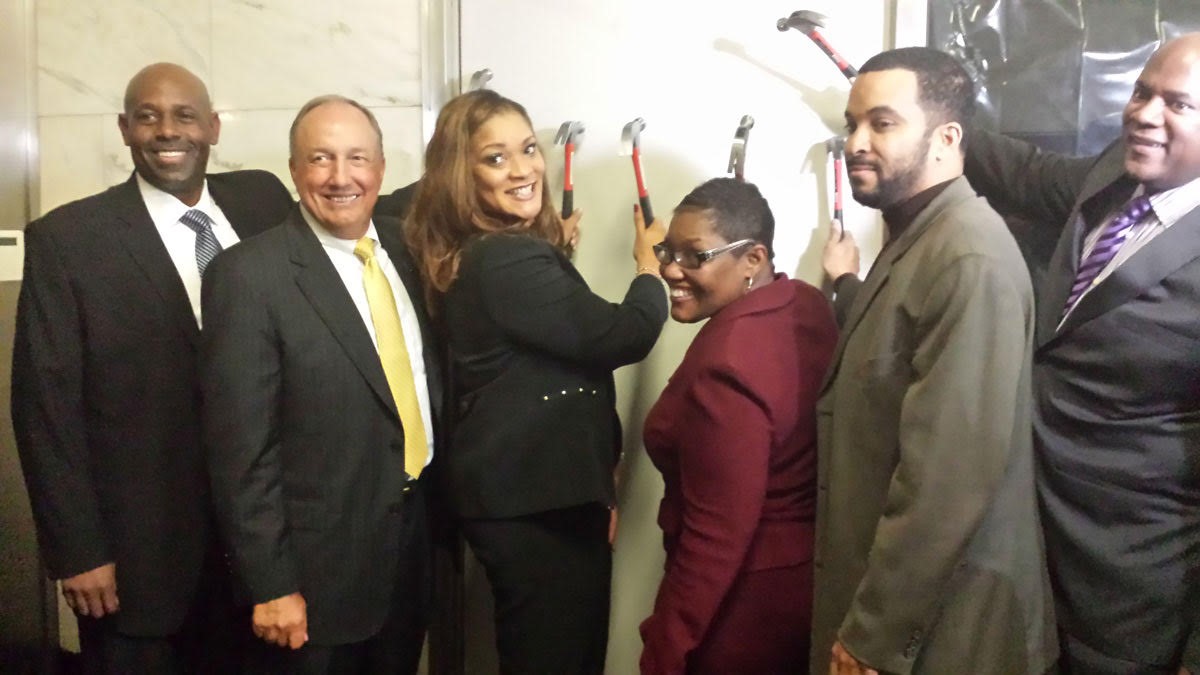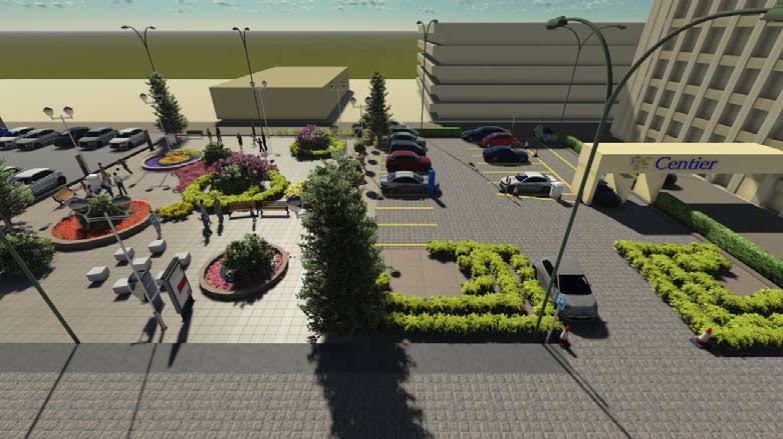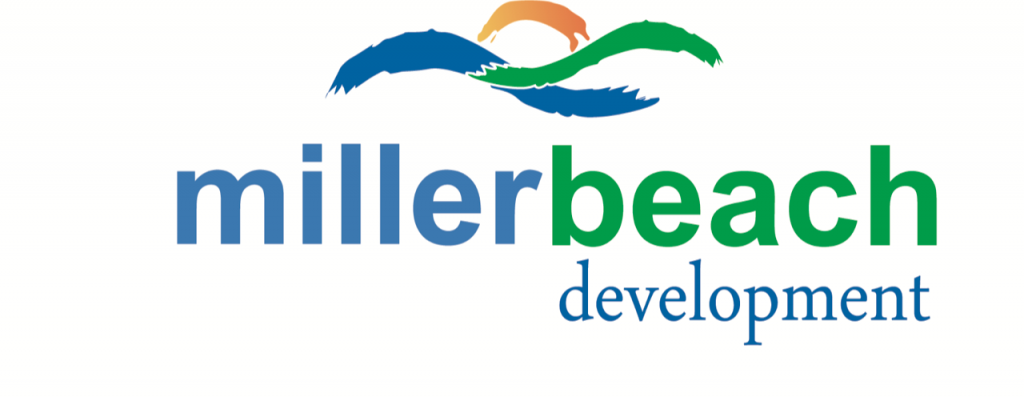
(202) 765-6950
WHO WE ARE & WHAT WE DO
| Housing Preservation
| Sustainability
| Climate Equity
| Housing Preservation
| Sustainability
| Climate Equity
|Housing Preservation
|Sustainability
|Climate Equity
|Housing Preservation
|Sustainability
|Climate Equity
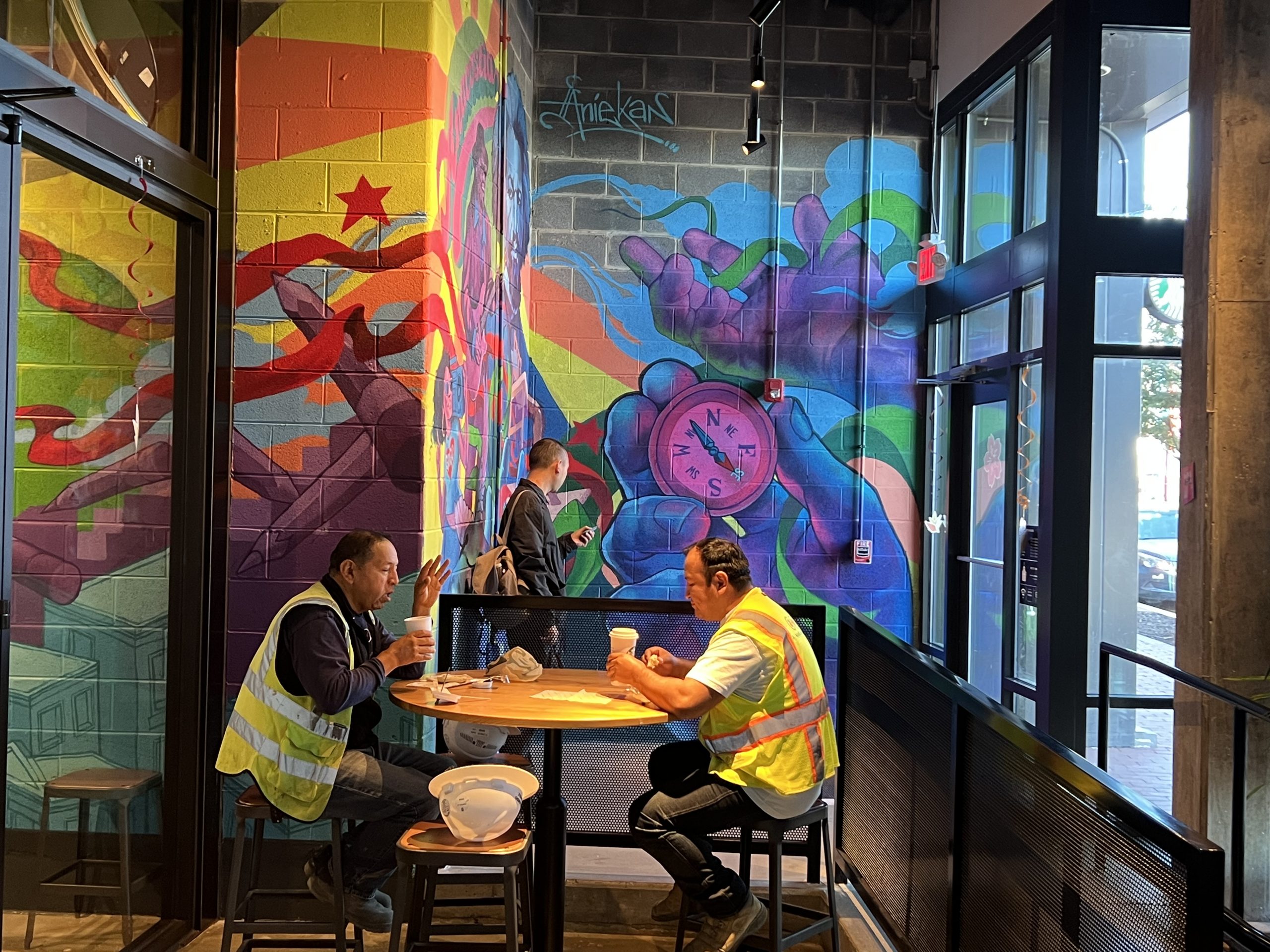
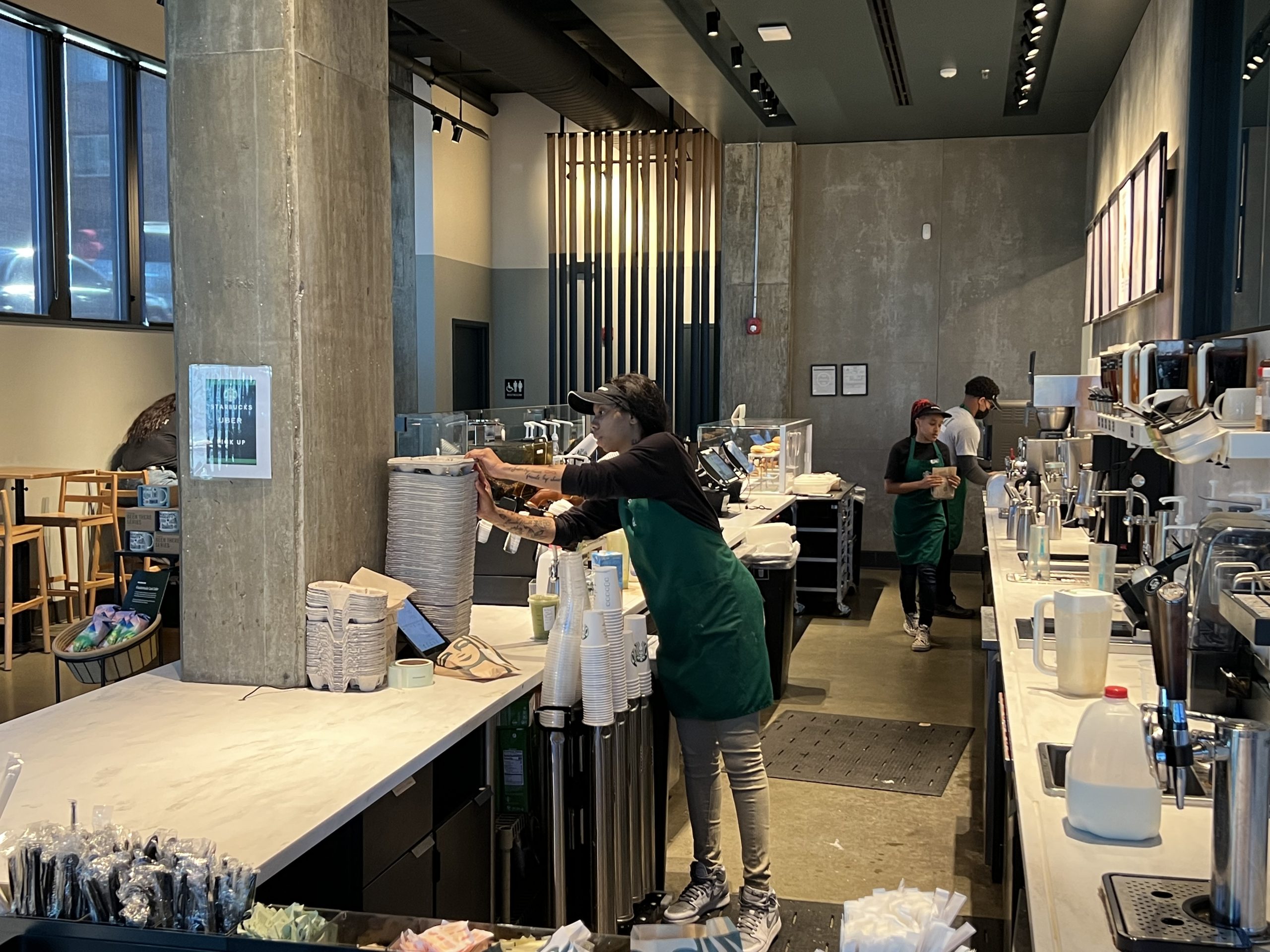
114 affordable units and the first "stand alone"
Starbucks East of Anacostia River
We are community development firm, specializing in housing preservation, innovative housing, and climate equity in “overlooked and underserved” neighborhoods and commercial corridors throughout America. Our family-owned business is known historically for superior low to moderate income property management. More recently, our projects and property acquisitions include an emphasis on innovative and affordable housing designs and technologies that have the potential to increase housing supply, lower cost of construction, increased energy efficiency and resilience, and reduced housing expenses for owners and renters. We believe building lasting climate resilience in our communities can only be achieved by focusing on the intersection of climate action, racial justice, economic equity.
Miller Beach is in an Historically Underutilized Business (HUB) Zone in Virginia and certified by the Small Business Administration (SBA). We are experienced in community engagement as well as commercial real estate acquisition and management. Our team brings experience in every phase of development from planning, financial modeling and structuring, and project management.
CAPABILITIES
- Affordable Housing & Commercial Real Estate Consulting
- Implementing mixed income and mixed-use developments
- Community Engagement and Stakeholder Relations
- Acquisition, management and leasing residential and commercial properties
- Ground-up construction, full building renovation & renovation in place
- Capital improvement projects to include interior and exterior construction, interior fit-out, vacant unit turn-around, all property maintenance & landscaping
- Property Management
| Housing Innovation
| Preservation
| Climate Equity

About Us
Miller Beach Development LLC (Miller Beach) a community development firm, specializing in housing preservation, sustainable development, and climate equity in “overlooked and underserved” neighborhoods and commercial corridors throughout America. Our family-owned business is known historically for superior low to moderate income property management. Our projects and property acquisitions emphasize innovative and affordable housing designs and technologies to increase the housing supply, lower construction costs, and increase energy efficiency. We believe lasting climate resilience in our communities can only be achieved by focusing on the intersection of resilient housing, climate action, racial justice, economic equity.
Miller Beach is in an Historically Underutilized Business (HUB) Zone, certified by the Small Business Administration (SBA). We are experienced in community engagement as well as commercial real estate acquisition and management. Our team brings experience in every phase of development from planning, financial modeling and structuring, and project management.
Capabilities
- Affordable Housing & Commercial Real Estate Consulting
- Implementing mixed income and mixed-use developments
- Community Engagement and Stakeholder Relations
- Acquisition, management and leasing residential and commercial properties
- Ground-up construction, full building renovation & renovation in place
- Capital improvement projects to include interior and exterior construction, interior fit-out, vacant unit turn-around, all property maintenance & landscaping
- Property Management
featured projects.
Sursum Corda-Banner Lane
Managed by MBD Property
Gary Indiana
AWARDS & RECOGNITION.
Small Business Administration HUB Zone Certified

Certified Professionals
Security Professional
Privacy Professional
System Auditor
"This playground was my very first community development project. It is an Hopkins is a Housing Authority Building. The residents have kept the playground in perfect condition since 2009!"
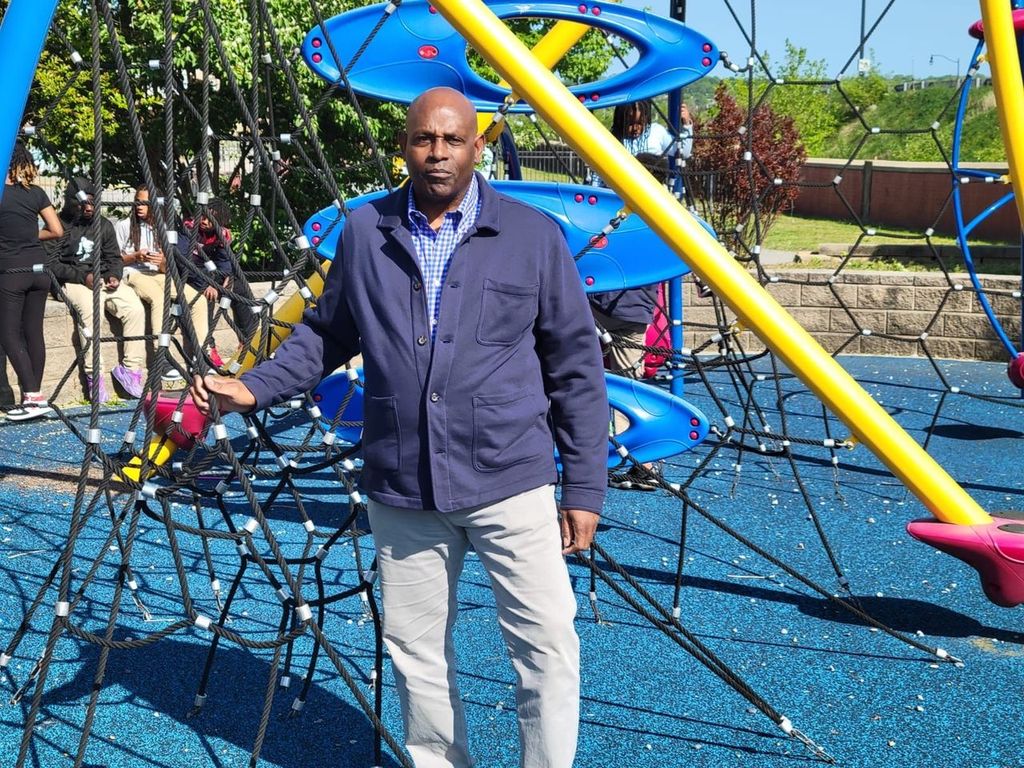
For years, real estate agents, developers and city officials have been promising that historic Anacostia and Marshall Heights, in Southeast Washington is on the cusp of change. These days, it’s more than just wishful thinking.
“I think people understand it’s just a matter of time,” says Forest Hayes, President, Miller Beach Development.”
THE FACT.
Developing HUB
Zone Metrics
Our mission is to engage in issues that are of concern to individuals,
families and communities through an uncompromising commitment to
create outstanding living, work and leisure environments.
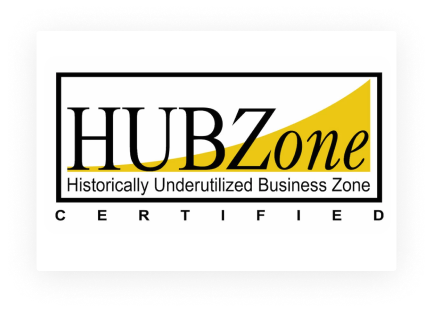
TBD
Completed projects
TBD
Projects Underway
TBD
Green building under construction
TBD
Joint ventures
completed
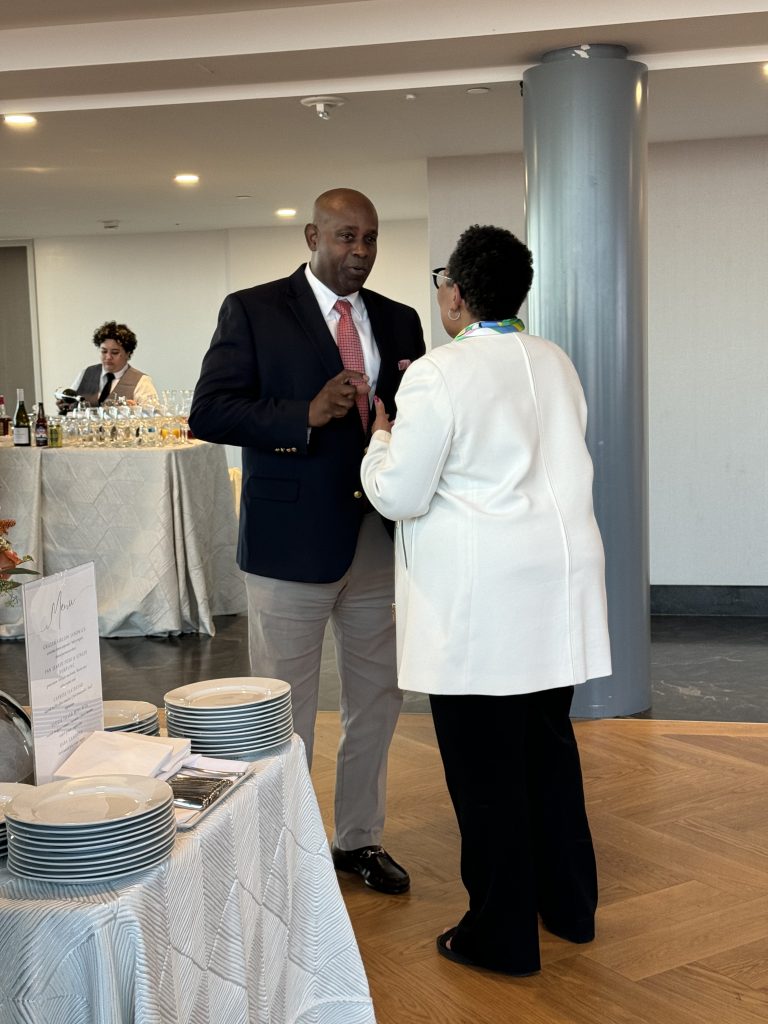
former US Secretary of Housing & Urban Development, Marsha Fudge.
Highlights from the Highest Heights
News & Facts
You’re in the Know

Hooked on housing
BY ALEX KOMA
Staff Reporter, Washington Business Journal At any given moment, Forest Hayes could be working on public housing issues in D.C., closing an affordable housing deal in Richmond, reviewing development plans in Sterling or getting ready for a fishing trip in Mexico.
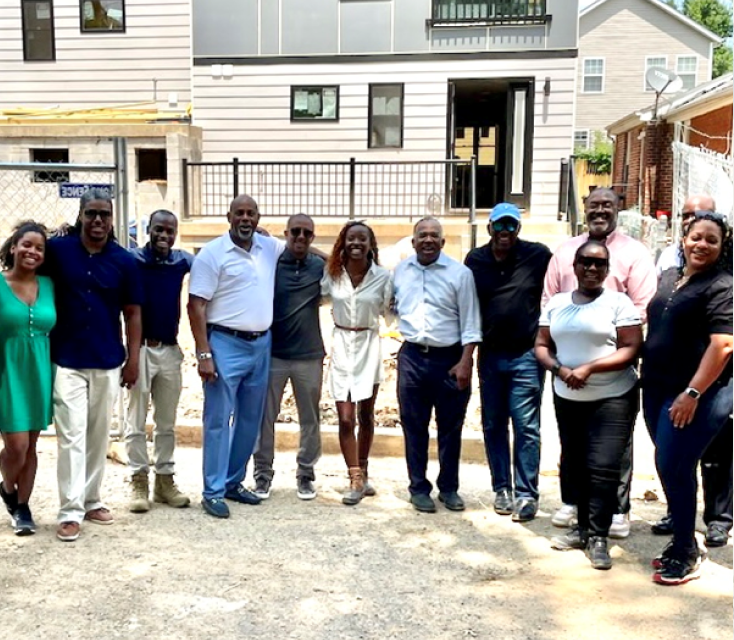
15 Developers of Color Welcomed into New Accelerator Program
Program is sponsored by a grant from the Amazon Housing Equity Fund and will support real estate developers of color focused on bringing more affordable housing to the Washington metropolitan region.
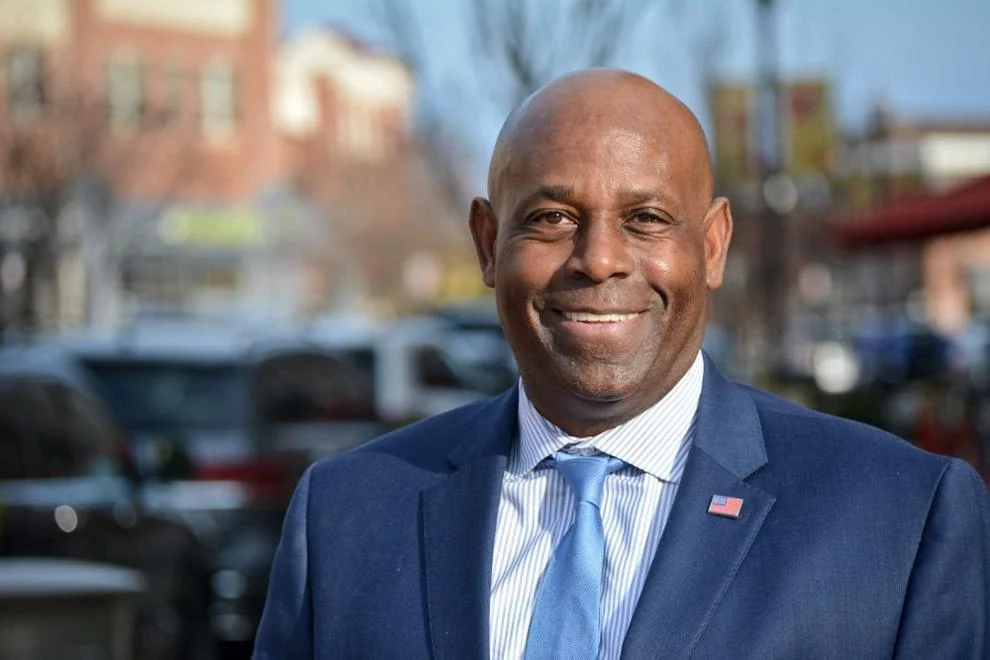
Loudoun's Planning Commission Set for Overhaul
When the new Board of Supervisors takes the dais in January, one of its first jobs will be to appoint members to the county Planning Commission. And the commission will see even greater turnover than the county board, putting familiar faces on the panel and giving the rural west greater representation.







